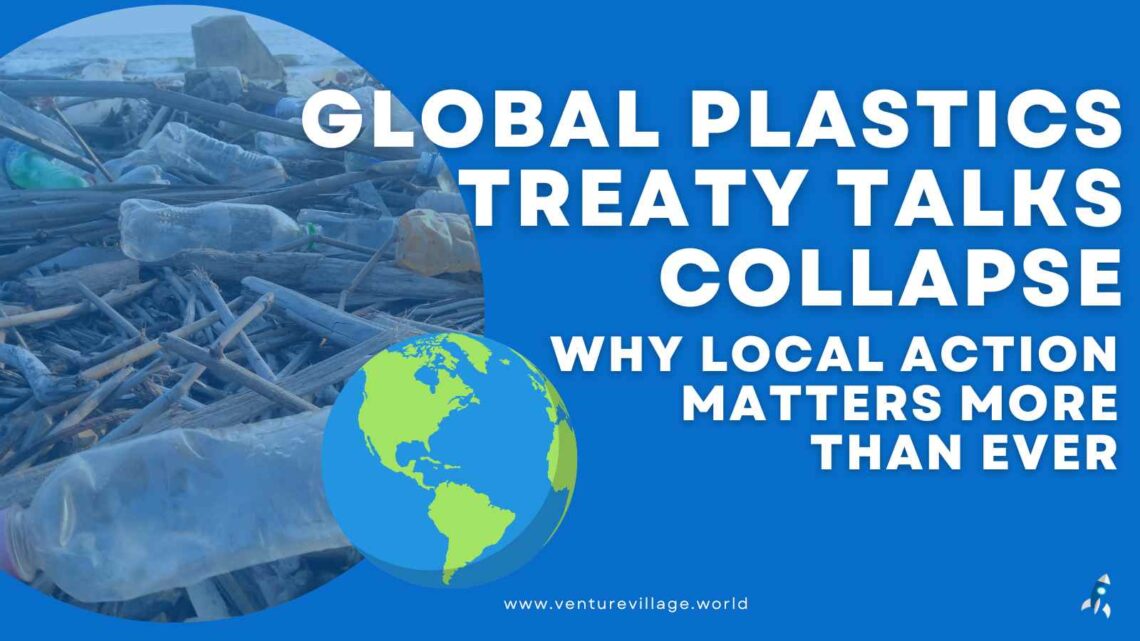
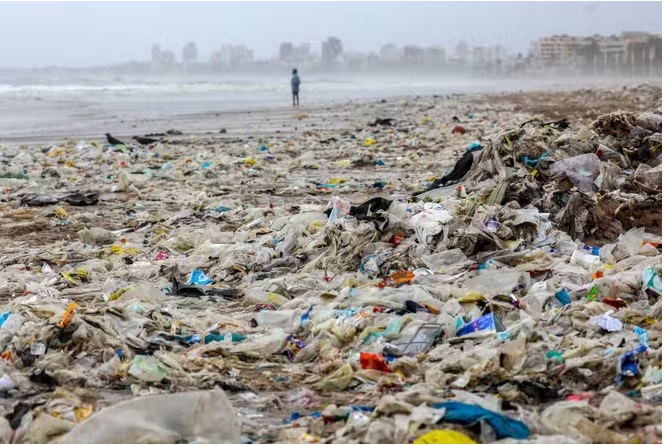
The Global Plastics Treaty Talks Collapse: Why Local Action Matters More Than Ever
At VentureVillage, we believe in building communities where both people and the planet can thrive. But one of the biggest challenges standing in the way is plastic pollution. Plastic is everywhere—wrapped around our food, in the fibres of our clothes—and while it brings convenience, it has also created a global environmental and health crisis. Today, microplastics are found in our water, our soil, and even inside our bodies.
“there remained a split between a group of about 100 nations calling for curbs on production of plastic, and oil states pushing for a focus on recycling.”
To tackle this, the United Nations started talks in 2022 to create a Global Plastics Treaty—a legally binding deal to address plastic pollution at every stage of its life cycle. A BBC article reported that the treaty aimed at “curbs on production of plastic, phasing out harmful chemicals, and more consistent design globally to make recycling easier.” The article also pointed out how worrying the numbers are: plastic production has grown from just 2 million tonnes in 1950 to 475 million tonnes in 2022, and it could triple by 2060 if nothing changes.
But the latest round of talks in Geneva ended without agreement. As the BBC explained, “there remained a split between a group of about 100 nations calling for curbs on production of plastic, and oil states pushing for a focus on recycling.” It states that countries such as the UK, EU, and several island nations wanted stronger limits on production, while oil-producing states like Saudi Arabia and Russia, supported by the US, argued instead for more investment in recycling and waste collection. With neither side giving way, the talks came to a halt.
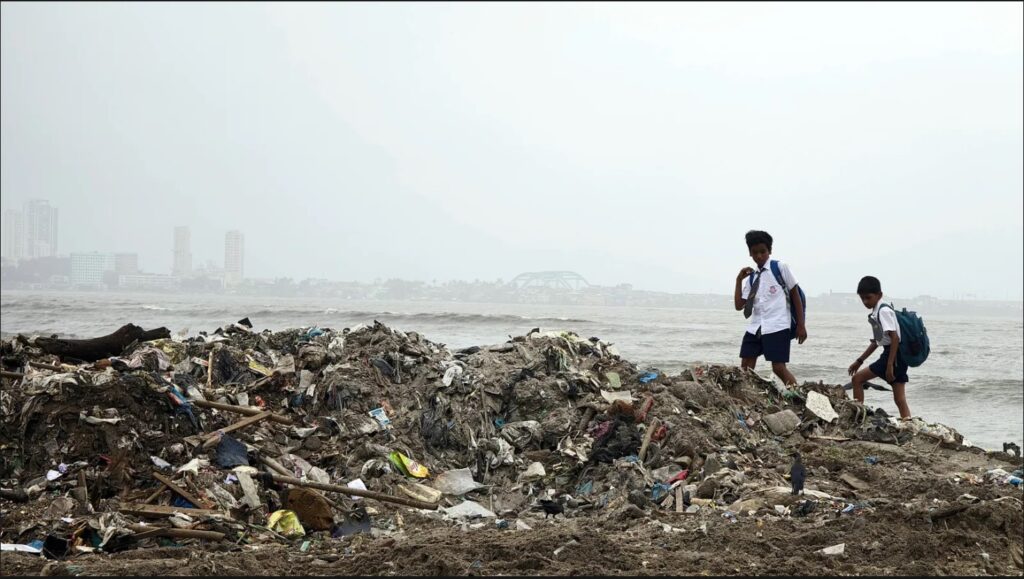
This deadlock has serious consequences. The BBC shared the frustration of small island countries like Palau, which said it was unjust for them to face the brunt of yet another global environmental crisis they contribute minimally to. Their coastlines and fisheries are already struggling with plastic waste. The same article also reminded us that global recycling rates are estimated at only about 10%. The article reminds us that even if that rises to 15, 20, or even 30% in the future, a large share of plastic would still end up polluting the environment and harming human health.
While world leaders debate, communities like ours cannot afford to sit back. At VentureVillage, we see this as a call to act now. Through our GreenCity program, we work with schools and young learners to rethink waste, cut down on single-use plastics, and learn from models like those in Finland and Kerala. GreenCity inspires children to become responsible citizens who can design solutions for waste management and build habits that last a lifetime. With the support of partners like Haritha Keralam Mission and the United Nations Development Programme, the program has already helped students take on projects that solve real environmental problems in their homes and schools.

We are also proud to be implementation partners in the Education for Ecological Transformation research project, supported by the Max Planck Society and the University of Innsbruck. This program runs in India, Austria, and Spain, and uses game-based learning, interactive sessions, and projects like tree planting and recycling drives. It looks at how building climate awareness among students can change attitudes and inspire lasting, positive action. Together, GreenCity and Education for Ecological Transformation prove that local action and education can spark change, even when global leaders struggle to agree.
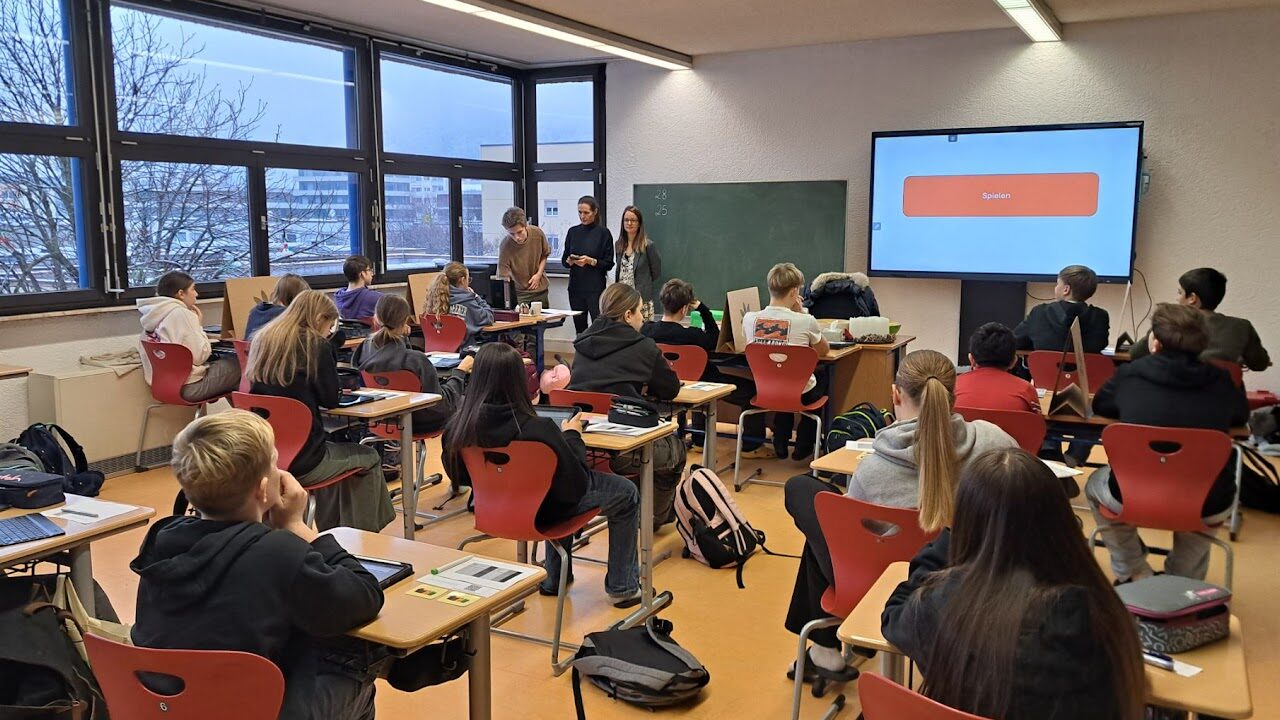
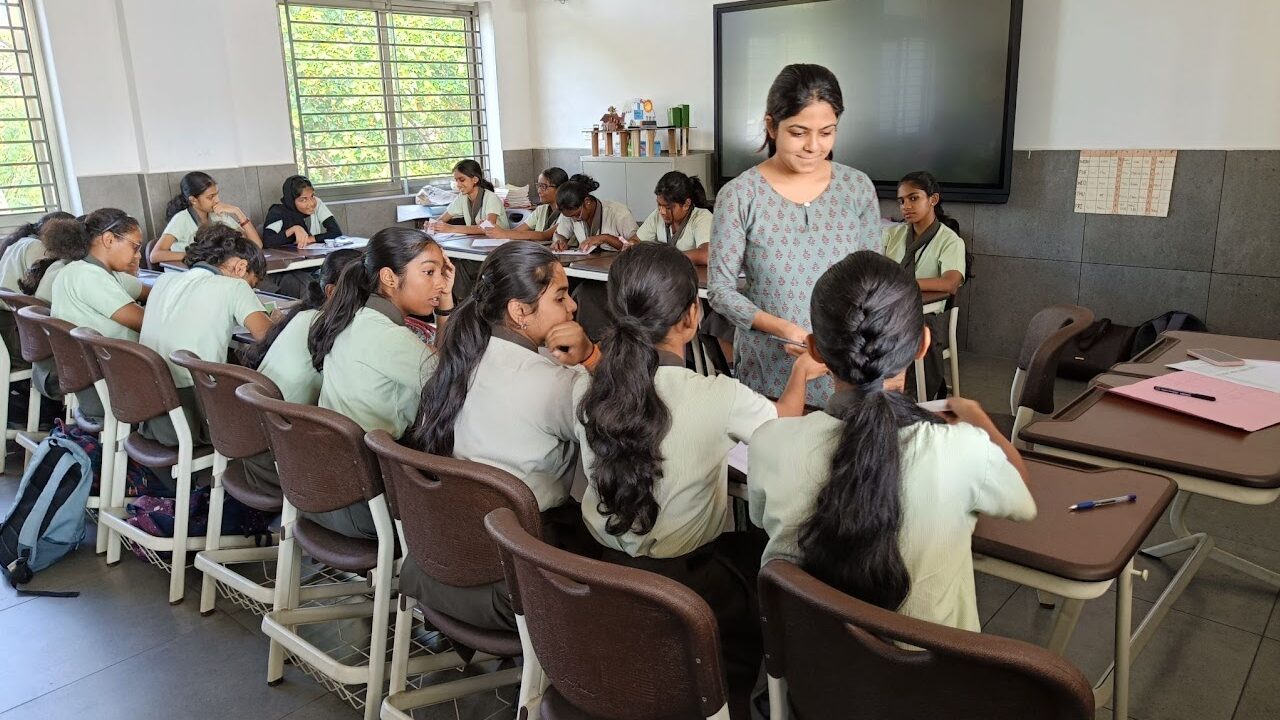
Students actively participating in Education for Ecological Transformation research project in Austria and India, supported by the Max Planck Society and the University of Innsbruck
The failure of the Global Plastics Treaty talks is disappointing, but it reminds us why we must keep pushing. The road ahead needs courage from governments, responsibility from industries, and action from people everywhere. At VentureVillage, we will continue to do our part—because even if global agreements take time, local action can show the way towards a cleaner, fairer future.
👉 You can read the full BBC article here: Global plastic talks collapse as countries remain deeply divided.